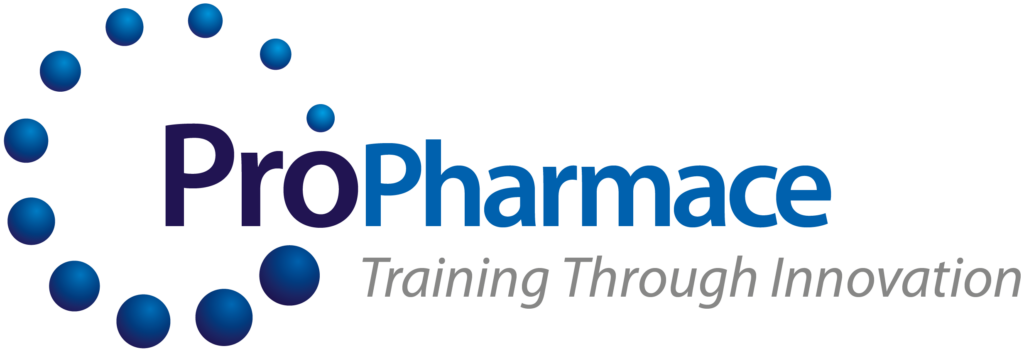Develop your role as a Designated Prescribing Practitioner
This workshop will enable you to develop your skills to mentor and supervise trainees during the period of learning in practice required as part of the independent prescribing course
FREE
- 27th April 2023
- 12:30pm-4:00pm
- Online Via Zoom

Learning Outcomes:
- Understand the requirements for undertaking the role of a DPP
- Develop your role in effective clinical supervision and facilitating learning in a clinical setting
- Describe your learning environment and the multi-disciplinary team
- Apply key strategies for prioritising patient safety
- Assessing, monitoring and signing off trainees
- Co-ordinate effective clinical governance
- Reflect on your role as a DPP
FAQs
A DPP is a healthcare professional in Great Britain or Northern Ireland with legal independent prescribing rights (an annotation or automatic right to prescribe) who will mentor and supervise the pharmacist during the period of learning in practice.
The DPP must be suitably experienced and qualified to carry out this supervisory role and have demonstrated continuous professional development or revalidation relevant to this role. The personal characteristics, professional skills, knowledge, teaching and training required to be a DPP are described in the RPS Competency Framework for Designated Prescribing Practitioners.
The ability to independently prescribe is crucial for pharmacists delivering care across the NHS. HEE have developed funded training offers for pharmacists aiming to become independent prescribers. Training will enable the provision of new models of care: supporting patients from diagnosis to prescribing, providing advice and follow-up, and preparing pharmacists to provide clinical care. The IETP reform will also see pharmacists joining the register as independent prescribers in 2026.
In order to become independent prescribers, Every IP trainee must have a DPP — a doctor or other healthcare professional with independent prescribing experience to start their course and supervise their ‘period of learning in practice.
There is currently a major shortage of DPPs, particularly for pharmacists in the community and that is why we are offering this training, to support the expansion of supervisor access and capacity and to ensure a confident, competent designated prescribing practitioner workforce.
The designated practitioner role is central to the period of learning in practice, and as such assuring the quality of this role is essential.

